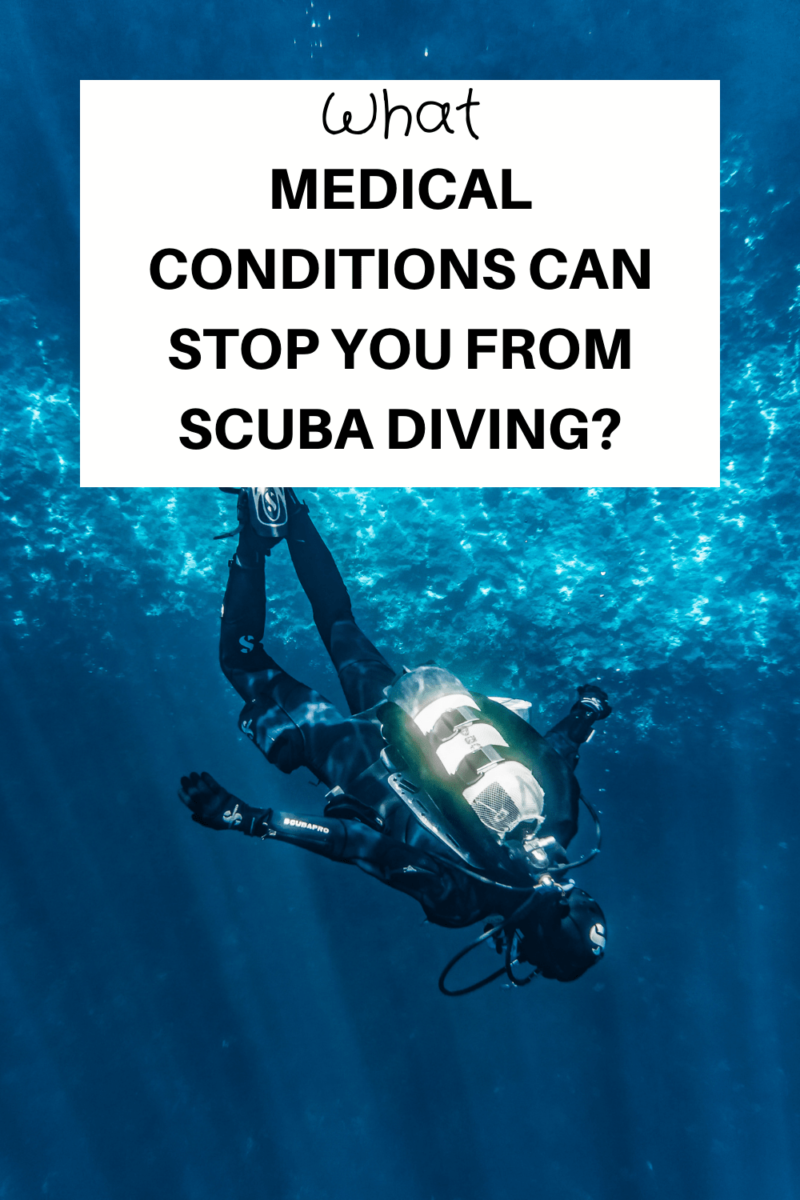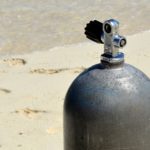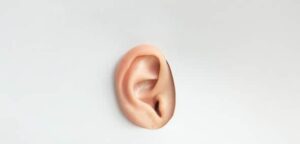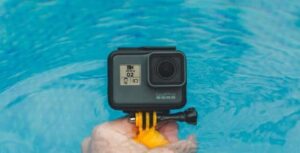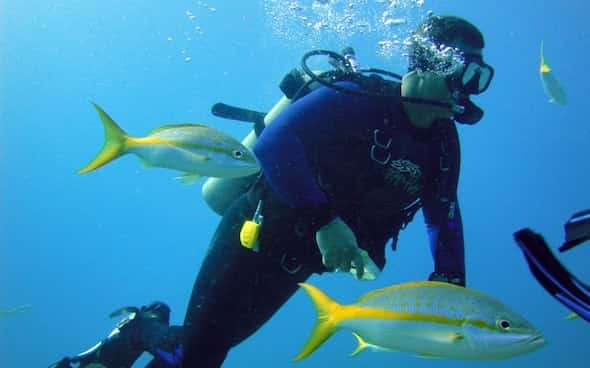
Scuba diving is a fun pastime but scuba diving can be very demanding on the body. As a result, there are certain medical conditions that will prevent you from scuba diving. This is for health and safety so what are these medical conditions that can stop you from scuba diving?
The main medical conditions that will prevent you from scuba diving are heart problems, problems with your lungs, issues with your ears, or if you experience epilepsy or seizures. PADI has a medical questionnaire you can check out. If you answer YES to any of the questions you will need to discuss the matter with your doctor.
In today’s post, we will go through what are these medical conditions that can stop you from scuba diving, so let’s get started!
Read more on common questions asked by divers
What Medical Conditions Can Stop You From Scuba Diving?
All scuba diving bodies such as PADI or SSI will require you to fill out a medical questionnaire. The easiest thing to do is go to the PADI site and go through their medical questionnaire. And If you answer YES to any of the questions you will need to discuss the matter with your doctor.
There are a number of general medical conditions that will prevent you from scuba diving, these are as follows.
- Heart Issues.
- Ear Problems.
- Lung Issues.
- Other Problems.
Heart Issues
Problems with your heart is a serious health problem. Scuba diving is a physically demanding activity and the conditions underwater can become challenging such as strong currents. This will put your heart under pressure and the place you want a heart attack is at the bottom of the ocean.
If you have experienced a heart attack before, have heart disease, cheat problems, or cardiac problems you will need to visit your doctor.
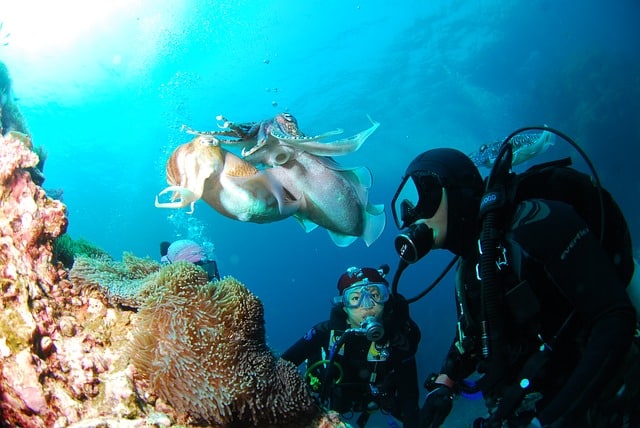
Ear Problems
Ear problems underwater are the most common problem divers have especially beginners. Learning to equalize your ears helps but there are other problems that could prevent you from diving. If you have a cold it can be near impossible to equalize your ears and best to skip the dive.
More serious ear issues can range from ear disease, ear surgery, sinusitis, or sinus surgery you may need to get a doctor’s cert before you can go diving.
Lung Issues
Any sort of lung or breathing problem is definitely going to prevent you from diving. With scuba diving, it is important to breathe slowly and deeply if you have anything like asthma or wheezing that will affect how efficiently you breathe. You will need to get a doctor’s cert to say it is safe to dive.
Others Problems
There are other problems that may prevent you from diving, these are as follows.
- Any injuries, surgery, or fracture to your back, legs, or arms.
- If you experience epilepsy, seizures, blackouts or fainting.
- High blood pressure.
- Any behavioural problems or psychological problems such as panic attacks or fear of closed/open spaces.
- Colostomy or ileostomy.
What Do They Check For A Dive Medical?
Typically a dive medical examination will include a hearing test, lung test (spirometry), heart trace (ECG), urine analysis, and fitness test. This can vary slightly from place to place.
If you pass the dive medical you will be issued with a certificate of medical fitness to dive which is valid for up to 12 months.
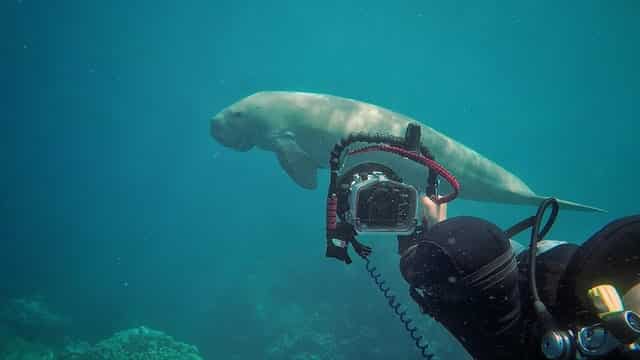
Can You Scuba Dive If You Smoke?
You can scuba dive if you vape or smoke. We all know the health warnings around smoking and how it affects your body, particularly your lungs. If you are a smoker going scuba diving there can be additional risks. For peace of mind, you should visit a doctor.
Can You Drink The Night Before Scuba Diving?
You should avoid drinking alcohol the night before you go scuba diving. It is advised not to drink alcohol for at least 8 hours before diving. Remember that alcohol will dehydrate you along with a hangover.
Wrapping Up
Finally, the main medical conditions that will prevent you from diving are heart problems, problems with your lungs, issues with your ears or experience epilepsy, or seizures. Simply visit the PADI medical questionnaire you can fill out. And if you answer YES to any of the questions you will need to discuss the matter with your doctor.
And that’s it for now! I’d love to know if this guide on is Neutrogena sunscreen reef safe has helped you. Let me know if you have any questions and let me know if there is more to add.
Did you enjoy this post? Then don’t forget to pin it!
